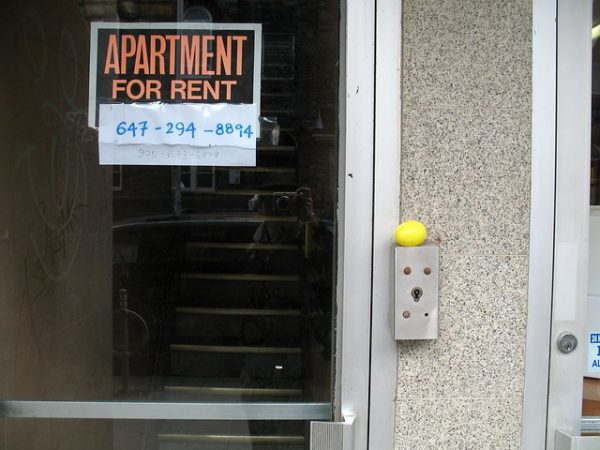Sociologist Matthew Desmond’s popular book, Evicted brought to light just how precarious housing can be for someone living in poverty in the United States, but there’s far more to the challenges than money alone. One important and under-appreciated aspect of housing insecurity involves health, and sociologists have shown that the relationships between health and housing are more complicated than you might imagine.
On the one hand, a health crisis can propel a whole family into housing hardship. For instance, one study found that when one member of a household experiences a drastic change in health, the household is much more likely to miss a utility payment. And once they miss that payment, they are less likely to be able to recover the next year, pushing the household further into economic disadvantage.
- Ryan Finnigan and Kelsey D. Meagher. 2018. “Past Due: Combinations of Utility and Housing Hardship in the United States.” Sociological Perspectives 62(1): 96-119.
But the relationship also goes the other way around: Health often suffers following housing precarity. People who have experienced some kind of housing insecurity — getting behind on rent payments, moving for cost of housing, experiencing homelessness — were more likely to report anxiety and depression than those who had not experienced housing insecurity. One particular study showed that evicted mothers were more likely to report depression and poor health for themselves and their children when compared to mothers who were not evicted.
- Matthew Desmond and Rachel Tolbert Kimbro. 2015. “Eviction’s Fallout: Housing, Hardship, and Health.” Social Forces 94(1): 295–324.
- Sarah A. Burgard, Kristin S. Seefeldt, and Sarah Zelner. 2012. “Housing Instability and Health: Findings from the Michigan Recession and Recovery Study.” Social Science & Medicine 75(12): 2215-2224.
More positively, getting access to housing while already experiencing housing insecurity can have health benefits. For instance, children who lived in public housing had better mental health outcomes than those who were still on the waiting list.
- Andrew Fenelon, Natalie Slopen, Michael Boudreaux, and Sandra Newman. 2018. “The Impact of Housing Assistance on the Mental Health of Children in the United States.” Journal of Health and Social Behavior 59(3): 447-463.
Policy makers and community organizations can utilize social science research on health and housing to improve housing security in the future.


Comments